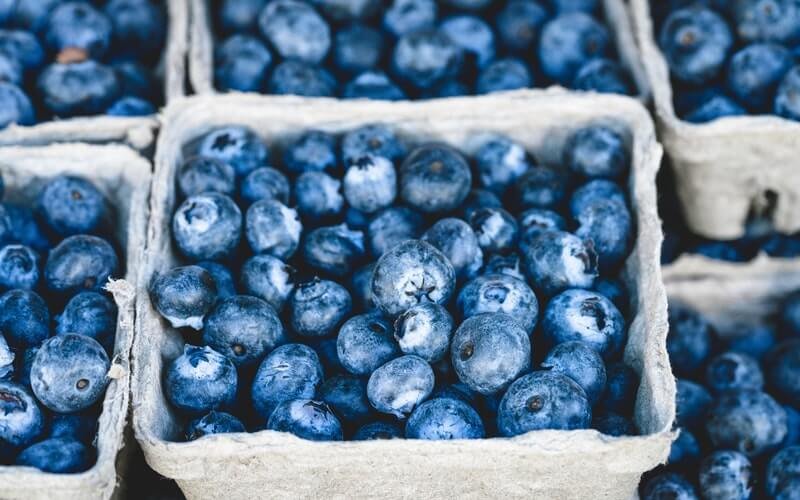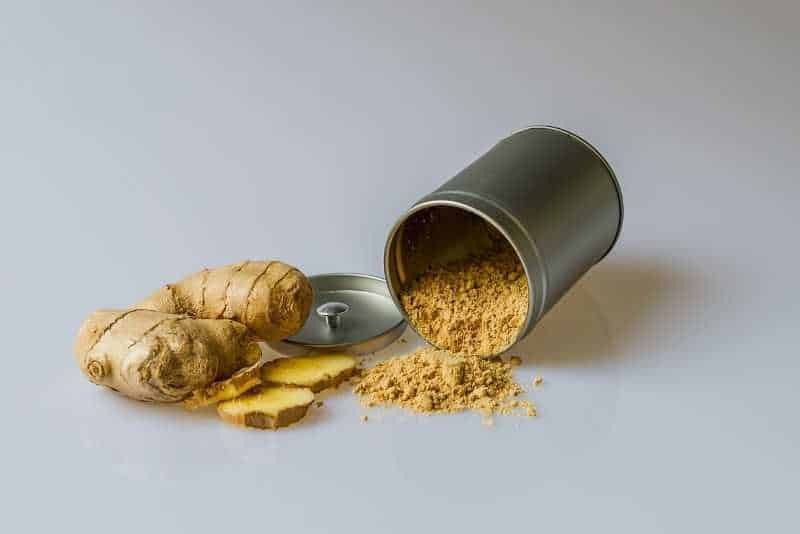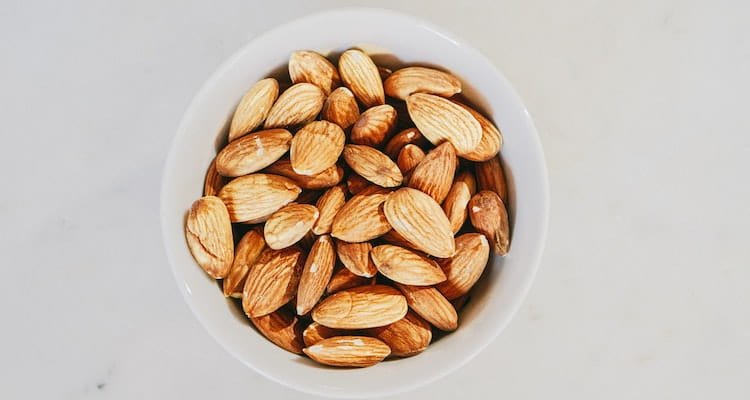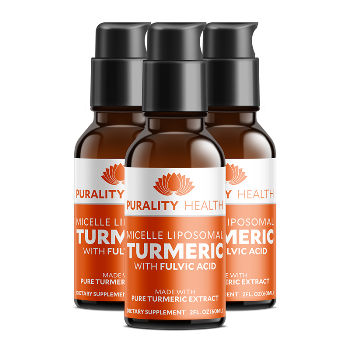13 Best Foods For Headaches

Headache is a very common problem that most of us experience from time to time. While there are many over-the-counter medications available to treat headaches, certain foods can also provide relief.
According to the WHO, Globally, it is estimated that the prevalence among adults of current headache disorder (symptomatic at least once within the last year) is about 50%. Half to three-quarters of adults aged 18–65 years in the world have had headaches in the last year and, among those individuals, 30% or more have reported migraine.
Some people find that certain foods trigger their headaches, while others find that certain foods help to relieve them. If you are looking for natural ways to treat your headaches, here are some of the best foods for headaches to eat:
Best Foods For Headaches
1. Salmon
Fatty fish like salmon, trout, and mackerel are rich in omega-3 fatty acids. These compounds have anti-inflammatory properties and can help to reduce the risk of headaches.
Salmon is a very high source of omega-3 fatty acids, which are known to have anti-inflammatory properties.
This makes salmon an excellent food for reducing inflammation and pain associated with headaches.
Additionally, salmon is also a good source of protein, which can help to reduce fatigue and promote overall health.
2. Blueberries
Blueberries are rich in antioxidants, which can help to protect the body against free radical damage.

Free radicals are known to contribute to inflammation, so eating foods high in antioxidants can help to reduce this.
Additionally, blueberries are a good source of vitamins C and K, both of which are essential for maintaining health.
3. Water
Dehydration is a common trigger for headaches, so it is important to make sure that you are drinking enough water throughout the day.
Aim for 8-10 glasses of water per day and avoid sugary drinks like soda as these can actually contribute to dehydration.
4. Ginger
Ginger has long been used as a natural remedy for headaches and other forms of pain.

This is because ginger contains compounds like gingerol and zingerone, which have anti-inflammatory and pain-relieving properties.
You can use ginger in many different ways, including adding it to your food or making a tea.
5. Green Tea
Green tea is high in antioxidants and also contains compounds like caffeine and L-theanine.

Caffeine can help to improve mental alertness and focus, while L-theanine can promote relaxation without causing drowsiness.
Drinking green tea can help you to stay hydrated and also provides some valuable nutrients.
6. Almonds
Almonds are a good source of magnesium, which is a mineral that is known to be involved in over 300 biochemical reactions in the body.

Magnesium deficiency has been linked to headaches, so eating foods that are rich in this mineral can help to prevent them.
Additionally, almonds are a good source of healthy fats, protein, and fiber.
7. Dark chocolate
Dark chocolate contains compounds like caffeine and theobromine, both of which can help to improve mental alertness and focus.
Additionally, dark chocolate is rich in antioxidants and can help to protect the body against free radical damage.
Just be sure to choose quality dark chocolate with a high cocoa content (at least 85% cocoa) for the best benefits.
8. Bananas
Bananas are rich in potassium, which is a mineral that is essential for maintaining fluid balance in the body.

Potassium deficiency has been linked to headaches, so eating foods that are rich in this mineral can help to prevent them.
Bananas are also a good source of vitamin B6, which is needed for proper nerve function.
9. Fenugreek
Fenugreek is an herb that has long been used in traditional medicine for its various health benefits.
Fenugreek is rich in compounds like saponins and trigonelline, which have anti-inflammatory and pain-relieving properties.
Additionally, fenugreek is a good source of fiber and vitamin C and vitamin K.
10. Peppermint Oil
Peppermint oil has long been used as a natural remedy for headaches and other forms of pain.
This is because peppermint oil contains compounds like menthol and limonene, which have pain-relieving properties.
You can use peppermint oil in many different ways, including adding it to your food or making tea.
11. Watermelon
Watermelon is a good source of the antioxidants lycopene and beta-carotene. These compounds can help to protect the body against free radical damage.
Additionally, watermelon is a good source of vitamin C and vitamin A, both of which are essential for maintaining health.
12. Sheep’s Yoghurt
Sheep’s yoghurt is a good source of the mineral magnesium. Magnesium deficiency has been linked to headaches, so eating foods that are rich in this mineral can help to prevent them.
Additionally, sheep’s yoghurt is a good source of protein and calcium.
13. Turmeric
Turmeric is a spice that contains the compound curcumin. Curcumin has powerful anti-inflammatory and antioxidant properties.
Additionally, turmeric can help to improve cognitive function and memory.
You can use turmeric in many different ways, including adding it to your food or making tea.
We consider Purality Health’s Liposomal Turmeric as being the best turmeric supplement in the market. Their unique Micelle Liposomal delivery composed of organic glycerin extract and fulvic acid, protects the turmeric from breakdown in the digestive tract, delivering a powerful, soothing dose right where you need. Their supplement contains the whole, full-spectrum turmeric chemistry with 199+ powerful active compounds – linked with overall well-being.
⭐⭐⭐⭐⭐
People Also Ask
Final Words
These are just some of the best foods for headaches that you can eat to help reduce pain and inflammation. Be sure to include them in your diet if you suffer from headaches frequently.
Additionally, drinking plenty of water and avoiding sugary drinks can also help to prevent headaches. If you still experience headaches often, talk to your doctor to rule out any underlying health conditions.
Headaches can be extremely frustrating and debilitating, but fortunately, there are a number of natural ways to treat them. By including the best foods for headaches in your diet, you can help to reduce pain and inflammation.
Additionally, staying hydrated and avoiding sugary drinks can also help to prevent headaches. If you still experience headaches often, talk to your doctor to rule out any underlying health conditions.


Dr. Berg’s Electrolyte Powder Formula
Dr. Berg’s Electrolyte Powder replenishes electrolytes and relieves muscular cramps. This electrolyte powder dissolves easily and is ideal for promoting endurance hydration normal muscle function and energy. It’s also keto-friendly! Each dose includes 1000mg of potassium and absolutely no sugar, carbs, maltodextrin, or artificial additives.

